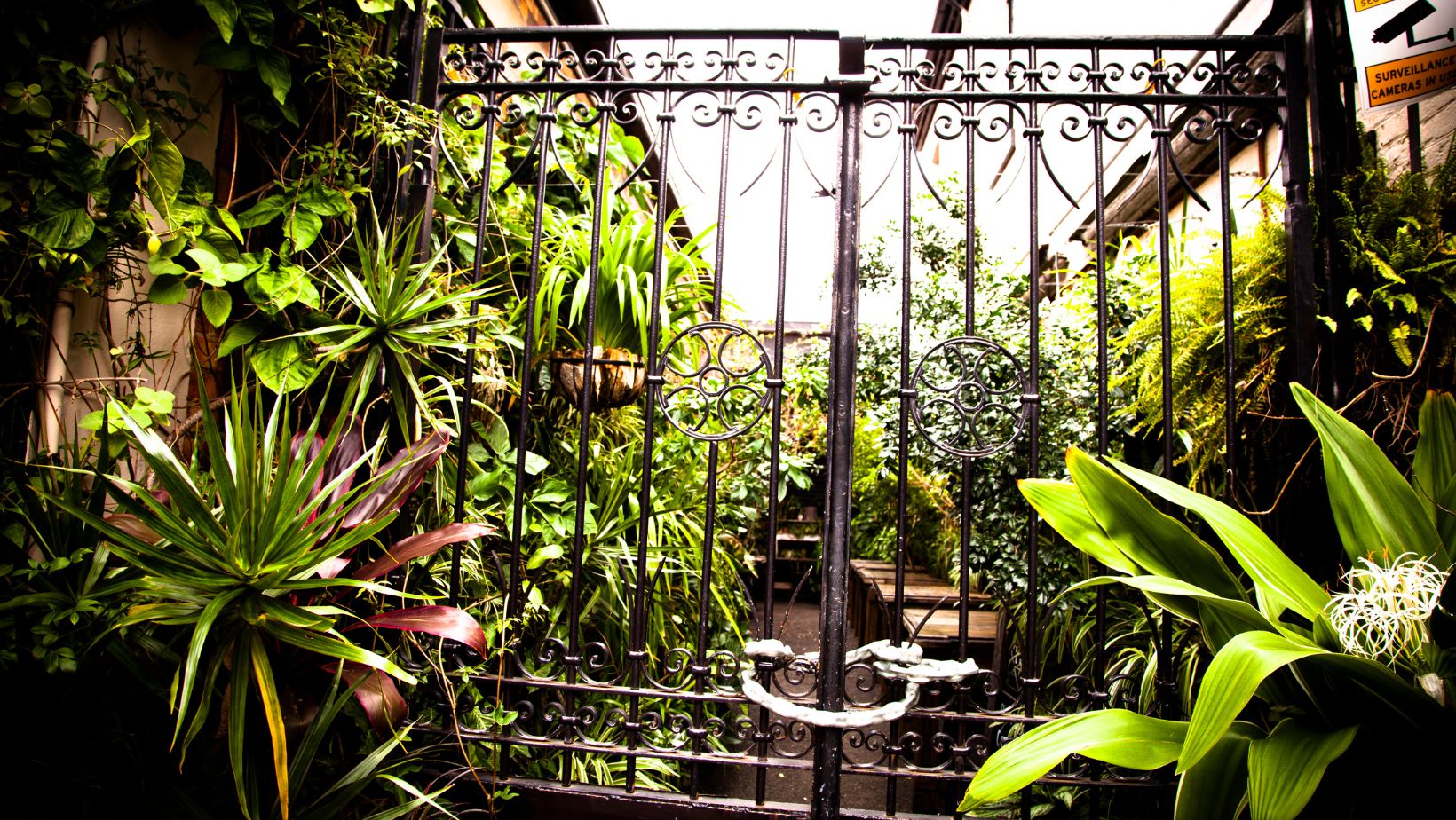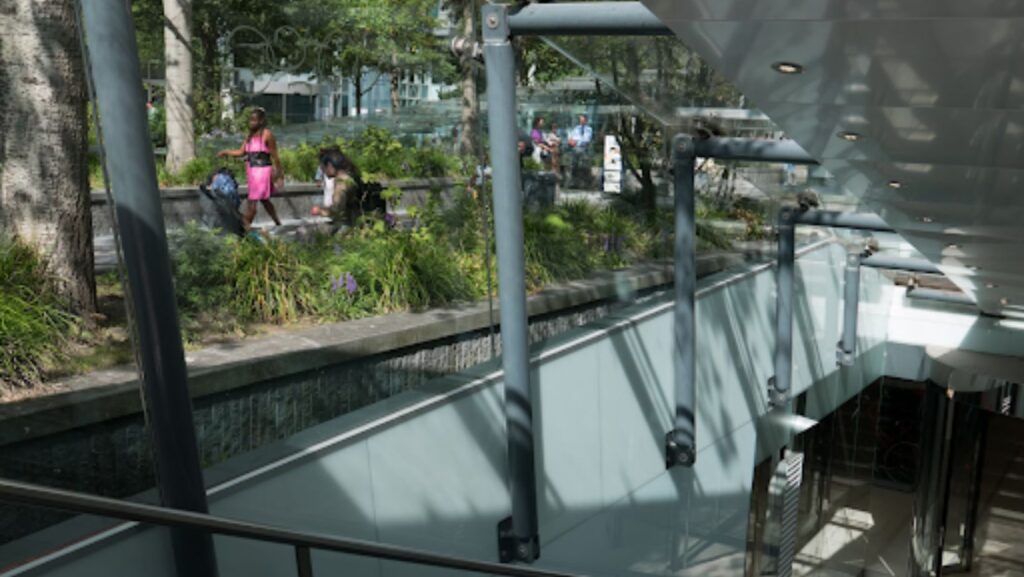Urban gardening is revolutionizing our city landscapes. More than just a trend, it’s a movement transforming concrete jungles into lush, green oases. But why are city dwellers turning to urban gardening, and what can they gain from it? This blog post explores the many benefits of urban gardening, from environmental advantages to personal well-being.
Environmental Benefits
Urban gardening significantly contributes to environmental sustainability. One of the most notable benefits is the reduction of urban heat islands. Plants absorb sunlight and provide shade, lowering temperatures in densely populated areas. This natural cooling effect can reduce the need for air conditioning, which in turn lowers energy consumption and greenhouse gas emissions.

Another substantial benefit is improved air quality. Plants act as natural air filters, absorbing pollutants and releasing oxygen. In urban settings, where air pollution is a significant concern, even small green spaces can make a big difference. They help combat the detrimental effects of smog and improve overall air quality.
Mental Health Improvement
Gardening is not just good for the environment; it’s also beneficial for mental health. So, if you were ever wondering how to start urban gardening and whether it’s worth the effort, here’s your answer. Gardening has been shown to reduce stress levels and improve overall well-being.
Studies have shown that spending time in green spaces can reduce stress and anxiety. The act of gardening provides a sense of accomplishment and can be a therapeutic escape from the hustle and bustle of city life. Engaging in gardening tasks such as planting, watering, and pruning can be meditative. These activities allow individuals to focus on the present moment, which can significantly reduce feelings of stress and anxiety. The physical activity involved in gardening also releases endorphins, the body’s natural feel-good chemicals.
Physical Health Enhancement
Urban gardening offers numerous physical health benefits. Gardening is a form of moderate exercise that can improve cardiovascular health, increase muscle strength, and enhance flexibility. Tasks such as digging, planting, and weeding require physical effort, which can help keep you fit and active.
Regular physical activity through gardening can also lower the risk of chronic diseases. Engaging in gardening for just 30 minutes a day can help reduce the risk of conditions such as heart disease, diabetes, and obesity. It’s a fun and rewarding way to incorporate physical activity into your daily routine. Additionally, growing your own food ensures access to fresh, organic produce. Urban gardeners can cultivate a variety of fruits, vegetables, and herbs, providing a nutritious addition to their diet. This fresh produce is often richer in nutrients compared to store-bought options and encourages healthier eating habits.
Economic Savings
One of the often-overlooked benefits of urban gardening is the potential for economic savings. Growing your own fruits and vegetables can significantly reduce your grocery bills. Even a small garden can produce a substantial amount of food, offering a cost-effective alternative to purchasing produce from stores.

Urban gardening can also lead to savings in other areas. For example, the cooling effect of plants can reduce energy costs associated with air conditioning. By lowering the ambient temperature around your home, urban gardens can help cut down on energy consumption and utility bills. Furthermore, urban gardening can create economic opportunities. Surplus produce can be sold at local markets or shared within the community, fostering a local economy. Additionally, urban gardens can increase property values, making neighborhoods more attractive and desirable places to live.
Educational Opportunities
Urban gardening provides valuable educational opportunities for all ages. It offers hands-on learning experiences that can teach children and adults about biology, ecology, and sustainability. Schools and community centers often incorporate gardening programs to enhance their curriculum and promote environmental awareness.
Gardening teaches practical skills such as planting, composting, and harvesting. These skills are not only useful for personal gardening endeavors but also promote a deeper understanding of food production and environmental stewardship. Urban gardens also serve as living laboratories, where people can experiment with different plants and techniques. This experimentation fosters innovation and creativity, encouraging individuals to develop new methods for sustainable living.
Aesthetic and Social Benefits
Beyond the practical advantages, urban gardening enhances the aesthetic appeal of cityscapes. Green spaces break the monotony of concrete and asphalt, adding beauty and interest to urban environments. Well-maintained gardens can transform vacant lots and neglected areas into vibrant, welcoming spaces.
These aesthetically pleasing spaces encourage social interaction. Community gardens become gathering places where people can meet, share ideas, and work together. These interactions foster a sense of community and belonging, which is essential for social well-being. Urban gardens also play a role in cultural expression. They can reflect the diversity of a community through the variety of plants grown and the gardening practices used. This cultural richness enhances the social fabric of urban areas, making them more inclusive and connected.
Urban gardening offers a multitude of benefits that extend beyond the obvious. From environmental sustainability to mental and physical health improvements, economic savings, educational opportunities, and social cohesion, the advantages are manifold. By transforming urban spaces into green, productive areas, we can enhance our cities and our lives.
If you’re considering starting your own urban garden, now is the perfect time. The benefits are clear, and the impact is profound. Whether you have a small balcony or access to a community garden, there are countless ways to incorporate urban gardening into your life.



